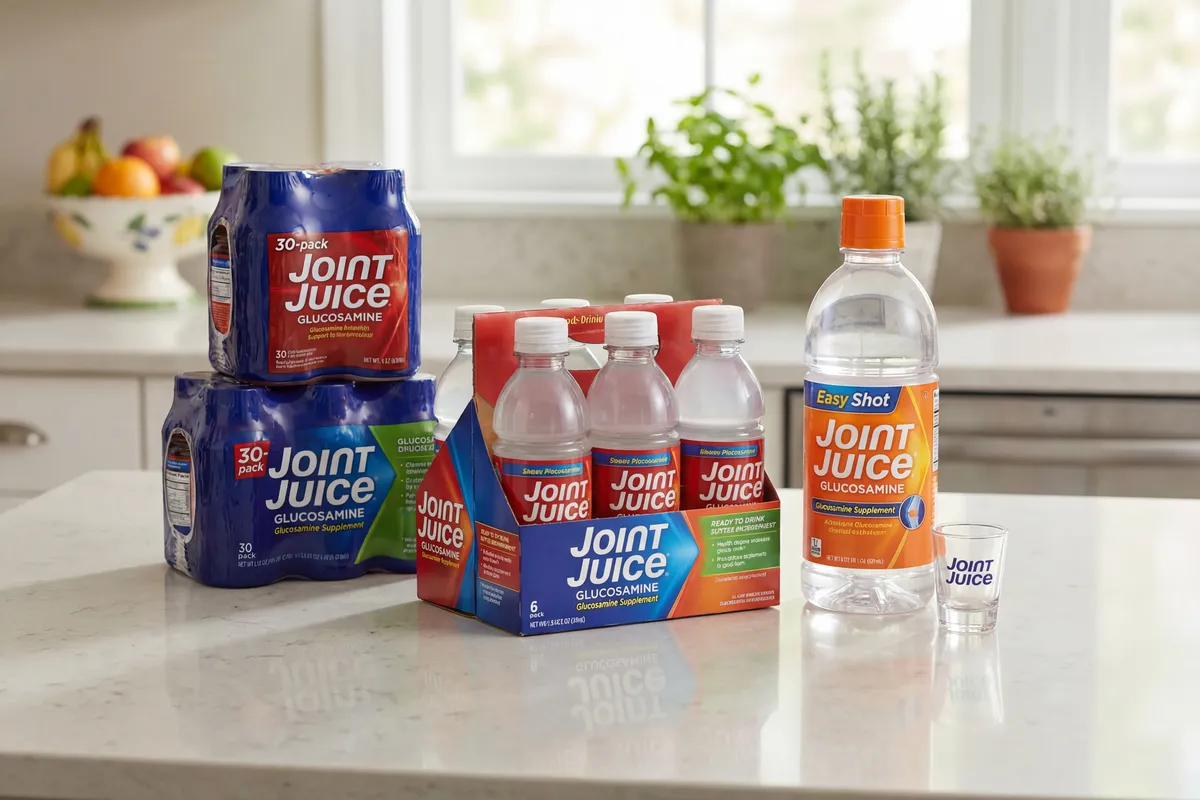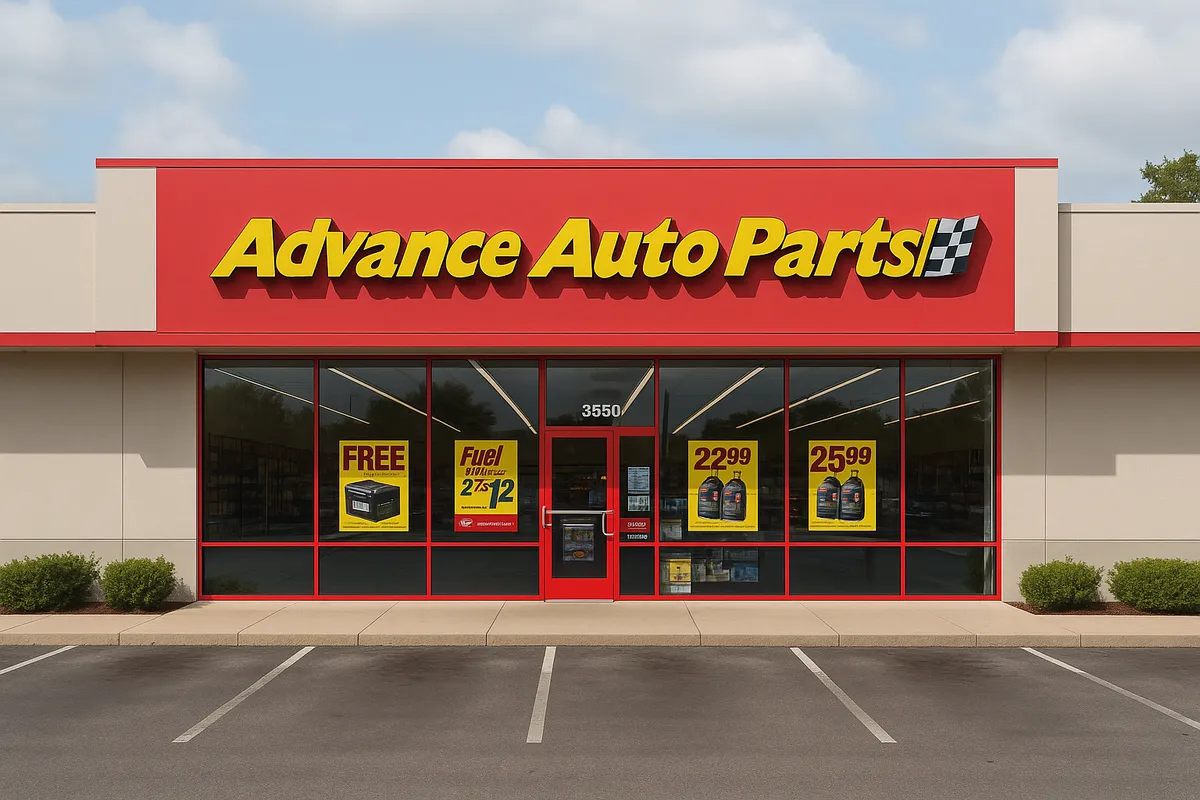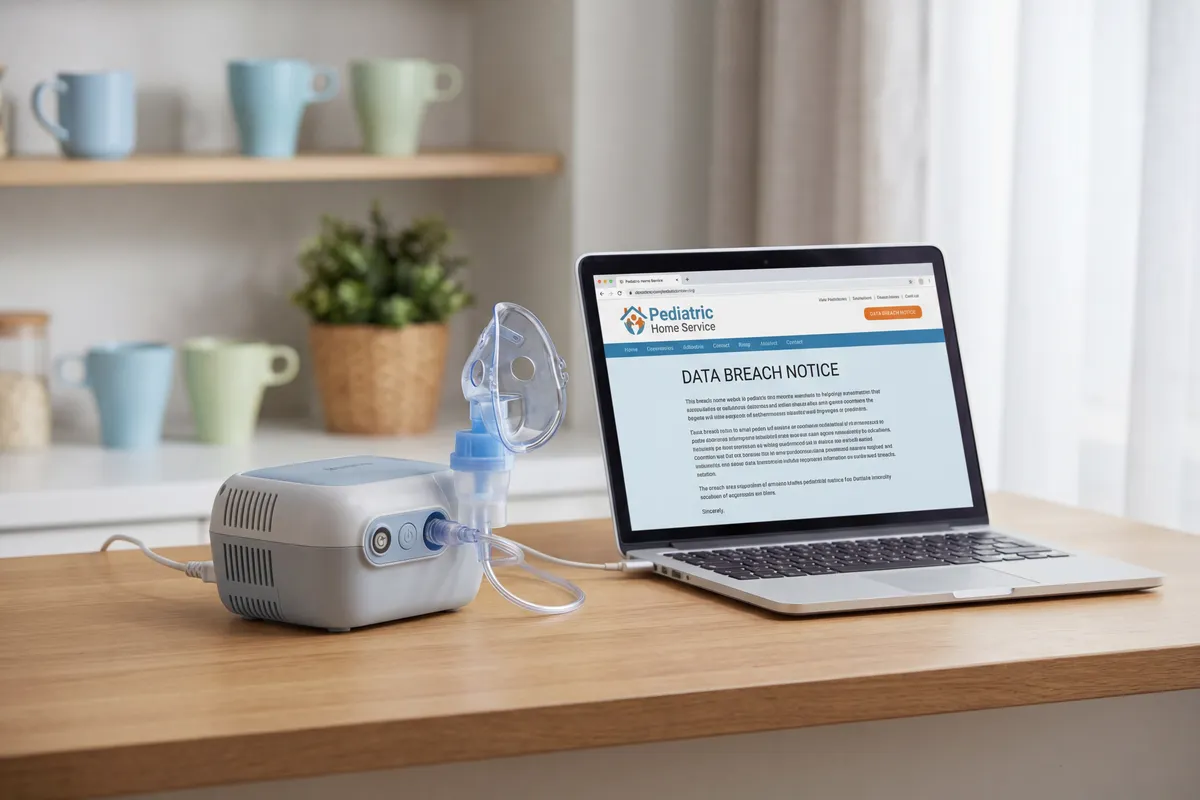
Appeal update: On Jan. 8, 2026, the Ninth Court of Appeals affirmed the District Court's final approval of the Kia theft settlement.
Update: The court granted final approval of the settlement on Oct. 1, 2024. Appeals have been filed and payments will not be issued until all appeals are resolved.
Update: The Kia Theft class action settlement deadline has been extended to April 28, 2025
Kia has agreed to pay $80,000,000 to settle a class action lawsuit for alleged design flaws that make certain vehicles susceptible to theft and damage. This settlement provides financial and other benefits to people who owned or leased the affected vehicles.
Who Benefits?: All persons or entities who purchased or leased a Class Vehicle in the United States (including Puerto Rico, U.S. Virgin Islands, and Guam).
How much can I get?: The settlement amount varies based on the type of claim and the specific circumstances. Benefits include reimbursement for theft-related losses, expenses for anti-theft devices, and compensation for lost income or childcare expenses.
Important Dates
- Fairness Hearing: July 15, 2024, at 1:30 PM PDT.
- Deadline to File a Claim: The deadline to submit a claim is April 28, 2025.
Can I Claim an Award?
To be eligible for the settlement, you must have purchased or leased a Class Vehicle in the United States (including Puerto Rico, U.S. Virgin Islands, and Guam). The Class Vehicles include specific models of Kia vehicles manufactured between 2011 and 2022 that were not equipped with an engine immobilizer. These vehicles are susceptible to theft and damage due to the lack of this anti-theft device.
The Class Vehicles include the following Kia models: Forte (2011-2021), K5 (2021-2022), Optima (2011-2020), Rio (2011-2021), Sedona (2011-2021), Seltos (2021-2022), Sorento (2011-2022), Soul (2011-2022), and Sportage (2011-2022). If you own or lease one of these vehicles, you may be eligible for various benefits under the settlement.
- Software Upgrade Eligible Vehicles: Forte (2014-2021), K5 (2021-2022), Optima (2011-2020), Rio (2012-2021), Sedona (2011-2021), Seltos (2021-2022), Sorento (2011-2022), Soul (2020-2022), and Sportage (2011-2022).
- Non-Software Upgrade Eligible Vehicles: Forte (2011-2015), Rio (2011-2021), Soul (2011-2021), Sportage (2011-2014), and Sedona (2014).
What Awards Can Class Members Claim?
The settlement provides various benefits to Class Members, including financial compensation and reimbursement for certain expenses. The benefits are categorized based on the eligibility of the Class Vehicle for a Software Upgrade.
Class Members whose vehicles are eligible for the Software Upgrade can receive a free upgrade that prevents the vehicle from starting without the key being present. Additionally, they can claim reimbursement up to $50 for the purchase of a steering wheel lock or equivalent device if the purchase was made at least thirty days before the Software Upgrade was available for their vehicle. They can also claim reimbursement for key fob expenses up to $350 per fob, with a limit of two fobs per vehicle.
Class Members whose vehicles are not eligible for the Software Upgrade can claim reimbursement up to $300 for the purchase and/or installation of a steering wheel lock, glass breakage alarm, or similar anti-theft system. If they already received a steering wheel lock from Kia, they are eligible for reimbursement up to $250 for the purchase and installation of a glass breakage alarm or similar anti-theft system.
- Software Upgrade Eligible Vehicles: Forte (2014-2021), K5 (2021-2022), Optima (2011-2020), Rio (2012-2021), Sedona (2011-2021), Seltos (2021-2022), Sorento (2011-2022), Soul (2020-2022), and Sportage (2011-2022).
- Non-Software Upgrade Eligible Vehicles: Forte (2011-2015), Rio (2011-2021), Soul (2011-2021), Sportage (2011-2014), and Sedona (2014).
Vehicles Affected by the Settlement
The settlement involves specific Kia vehicle models manufactured between 2011 and 2022 that were not equipped with an engine immobilizer. These vehicles are susceptible to theft and damage due to the lack of this anti-theft device.
- Kia Forte (2011-2021)
- Kia K5 (2021-2022)
- Kia Optima (2011-2020)
- Kia Rio (2011-2021)
- Kia Sedona (2011-2021)
- Kia Seltos (2021-2022)
- Kia Sorento (2011-2022)
- Kia Soul (2011-2022)
- Kia Sportage (2011-2022)
Is Proof Required to Claim the Reward?
Yes, proof is required to claim a reward. Claimants must provide supporting documentation to verify their eligibility and the expenses they incurred. The required proof includes:
- Proof of Ownership: A copy of any document(s) issued by a state department of motor vehicles, insurance company, bank, or other financing company, reflecting that the claimant currently owns or leases (or previously owned or leased) a Class Vehicle, identified by VIN.
- Proof of Payment: The original or copy of any document(s) generated at or around the time expenses were incurred showing that the claimant paid for the expenses incurred (e.g., a Qualifying Purchase, towing expenses, transportation expenses, etc.).
- Proof of Qualifying Theft or Qualifying Theft Attempt: The original or a copy of any document(s) generated at or around the time of the Qualifying Theft or Qualifying Theft Attempt that specifies the date of the incident and identifies the Class Vehicle by VIN or make and model.
How to Claim Your Award
To claim your award, you need to submit a Claim Form online or by mail. You can submit your Claim Form online at
When submitting your claim, make sure to include all required documentation, such as proof of ownership, proof of payment, and proof of qualifying theft or qualifying theft attempt. Keep a copy of your completed Claim Form and all documentation for your records.
$80,000,000 Settlement Fund
The settlement amount for this class action lawsuit is $80,000,000. This amount will be used to provide financial compensation and other benefits to Class Members who submit valid and timely claims.
The settlement amount was determined based on the estimated losses and expenses incurred by Class Members due to the theft or attempted theft of their vehicles. The Common Fund established for the payment of approved Class Member Claims ranges from $80,000,000 to $145,000,000, depending on the number of claims submitted and approved.
Why is There a Class Action Settlement?
The class action settlement was reached to avoid the cost and risk of further litigation, including a potential trial. The Plaintiffs and Defendants agreed to the settlement to provide relief to Class Members sooner rather than later. The settlement does not mean that the Defendants broke any laws or did anything wrong, and the Court did not decide which side was right.
Next steps include the Final Approval Hearing on July 15, 2024, where the Court will decide whether to approve the settlement. If the Court approves the settlement, payments will be made after any appeals are resolved. The Court approval process will take time, so Class Members are advised to be patient.
.png)







.webp)
.webp)
.webp)

.webp)
.webp)
.webp)
.webp)







.svg)
Comments